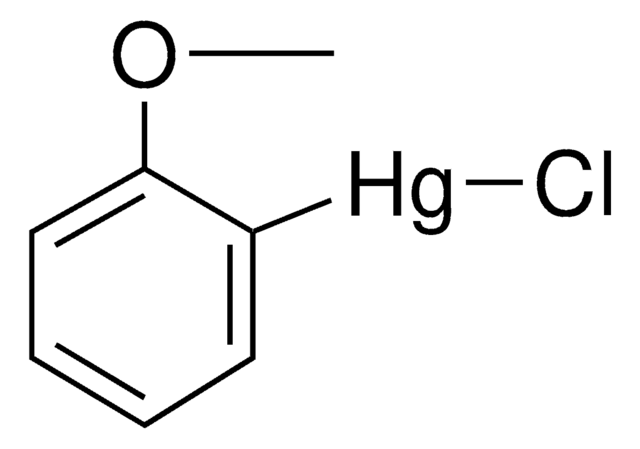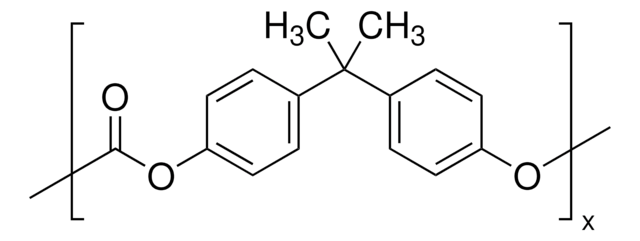123226
Anisole
ReagentPlus®, 99%
Synonym(s):
Methoxybenzene, Methyl phenyl ether
About This Item
Recommended Products
vapor density
3.7 (vs air)
Quality Level
vapor pressure
10 mmHg ( 42.2 °C)
product line
ReagentPlus®
Assay
99%
form
liquid
autoignition temp.
887 °F
expl. lim.
0.34-6.3 %
refractive index
n20/D 1.516 (lit.)
bp
154 °C (lit.)
mp
−37 °C (lit.)
density
0.995 g/mL at 25 °C (lit.)
SMILES string
COc1ccccc1
InChI
1S/C7H8O/c1-8-7-5-3-2-4-6-7/h2-6H,1H3
InChI key
RDOXTESZEPMUJZ-UHFFFAOYSA-N
Looking for similar products? Visit Product Comparison Guide
General description
Application
Legal Information
Signal Word
Warning
Hazard Statements
Precautionary Statements
Hazard Classifications
Flam. Liq. 3 - STOT SE 3
Target Organs
Central nervous system
Storage Class Code
3 - Flammable liquids
WGK
WGK 2
Flash Point(F)
109.4 °F - closed cup
Flash Point(C)
43 °C - closed cup
Certificates of Analysis (COA)
Search for Certificates of Analysis (COA) by entering the products Lot/Batch Number. Lot and Batch Numbers can be found on a product’s label following the words ‘Lot’ or ‘Batch’.
Already Own This Product?
Find documentation for the products that you have recently purchased in the Document Library.
Customers Also Viewed
Our team of scientists has experience in all areas of research including Life Science, Material Science, Chemical Synthesis, Chromatography, Analytical and many others.
Contact Technical Service
















